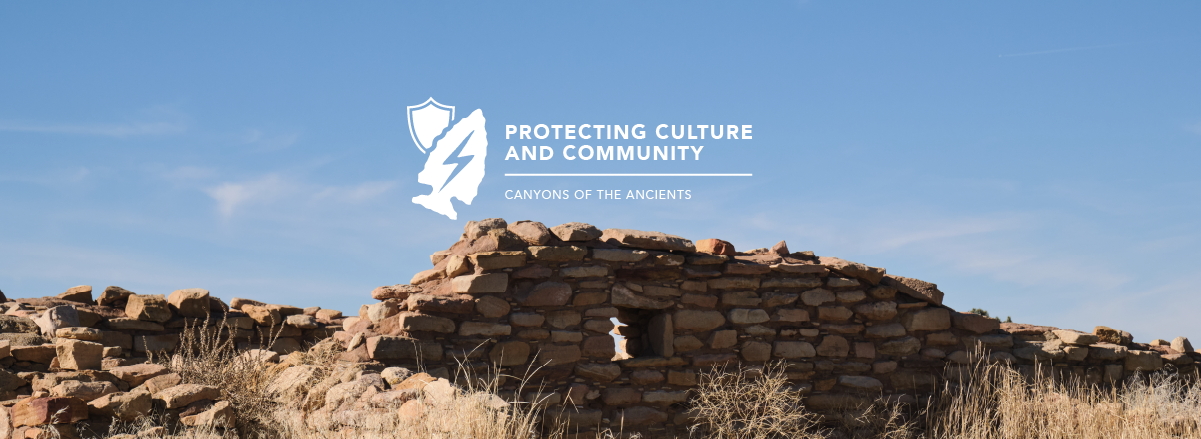
Wildfire Mitigation at Canyons of the Ancients: Protecting Culture and Community
The Canyons of the Ancients National Monument in Cortez, Colo. may not seem like a place at risk for wildfire, with its semi-arid climate and pinyon-juniper forests, but the needles, bark, and resin in the area are ideal fuel sources for fires. This federally-protected landscape is also a Native American ancestral homeland that spans more than 176,000 acres and contains over 25,000 archeological sites; the highest concentration in the United States.
After identifying the CO2 Loop in Canyons of the Ancients as a high-risk area in a wildfire risk analysis, Tri-State Generation and Transmission Association worked with the Bureau of Land Management and private landowners to scope the project in a manner that avoids impacts to the cultural resources found on the monument and on private property. The work was only possible because of the efficient collaboration and expertise of the Bureau of Land Management, H2 Enterprises, Woods Canyon Archaeological Consultants, S&K Enterprises, cooperative member Empire Electric, private landowners, and the dedicated teams at Tri-State.
Eliminating wildfire risks while preserving culture
Everyone involved in the Canyons of the Ancients assessment was required to complete in-depth cultural training to understand the importance of protecting the archeological sites during vegetation management operations. Any work done must meet specific protection measures, and the contractor, inspectors, and monitors were required to comply with the conservation plan prepared in coordination with the Bureau of Land Management.
“The archaeological monitors and the Bureau of Land Management staff really helped the crews understand the cultural significance and heritage of this area. There are hundreds of years of history still in the ground,” recalled H2 Enterprises co-founder Cory Huwa. “It really was impactful for the crews.”
As wildfires continue to pose a significant threat to rural communities across the West, cooperatives like Tri-State are deploying proactive solutions to protect the families, farmers, and communities they serve. One of the most effective ways to reduce wildfire risk is through strategic vegetation management services and right-of-way (ROW) clearing, especially in forested ecosystems.
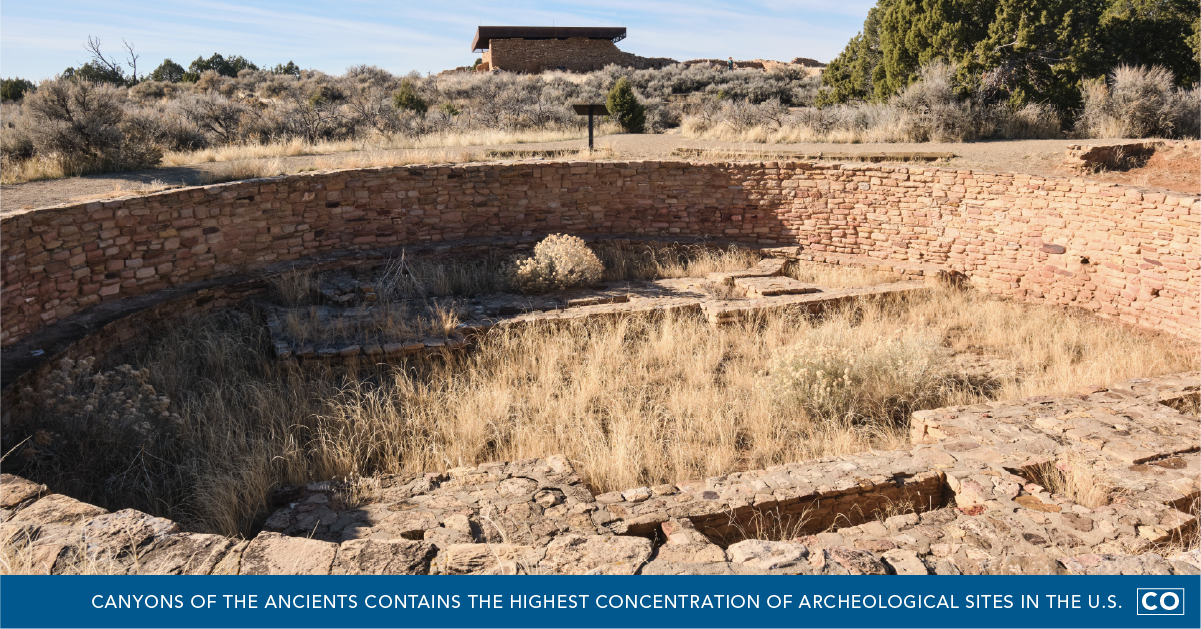
Why Vegetation Management Matters
At its core, vegetation management is about reducing wildfire risk and is a critical component of ensuring electric reliability. Tri-State crews remove taller vegetation that could grow into our transmission lines and also reduce the amount of combustible material in the ROW. These operations improve the survivability of a transmission line in the event a wildfire starts nearby.
Specialized wildfire mitigation methods for a special project
To accomplish mitigation for wildfires in these cultural sites, Tri-State partnered with the crew from H2 Enterprises who hand cleared the trees and vegetation in the ROW. The teams carried the material out on their backs because dragging it would have disturbed the sites.
They brought all materials to a designated safe spot for processing that reduced the fire risk. Huwa and his crew even used helicopters to remove dangerous vegetation from an area with extremely limited access. The team was able to complete the work without any safety incidents and without causing damage to the cultural sites.
“It was pretty amazing that the team on this project worked so closely together and communicated so well that we were able to protect all of these cultural sites,” remarked archeologist and president of Woods Canyon Archaeological Consultants, Kelly McAndrews.
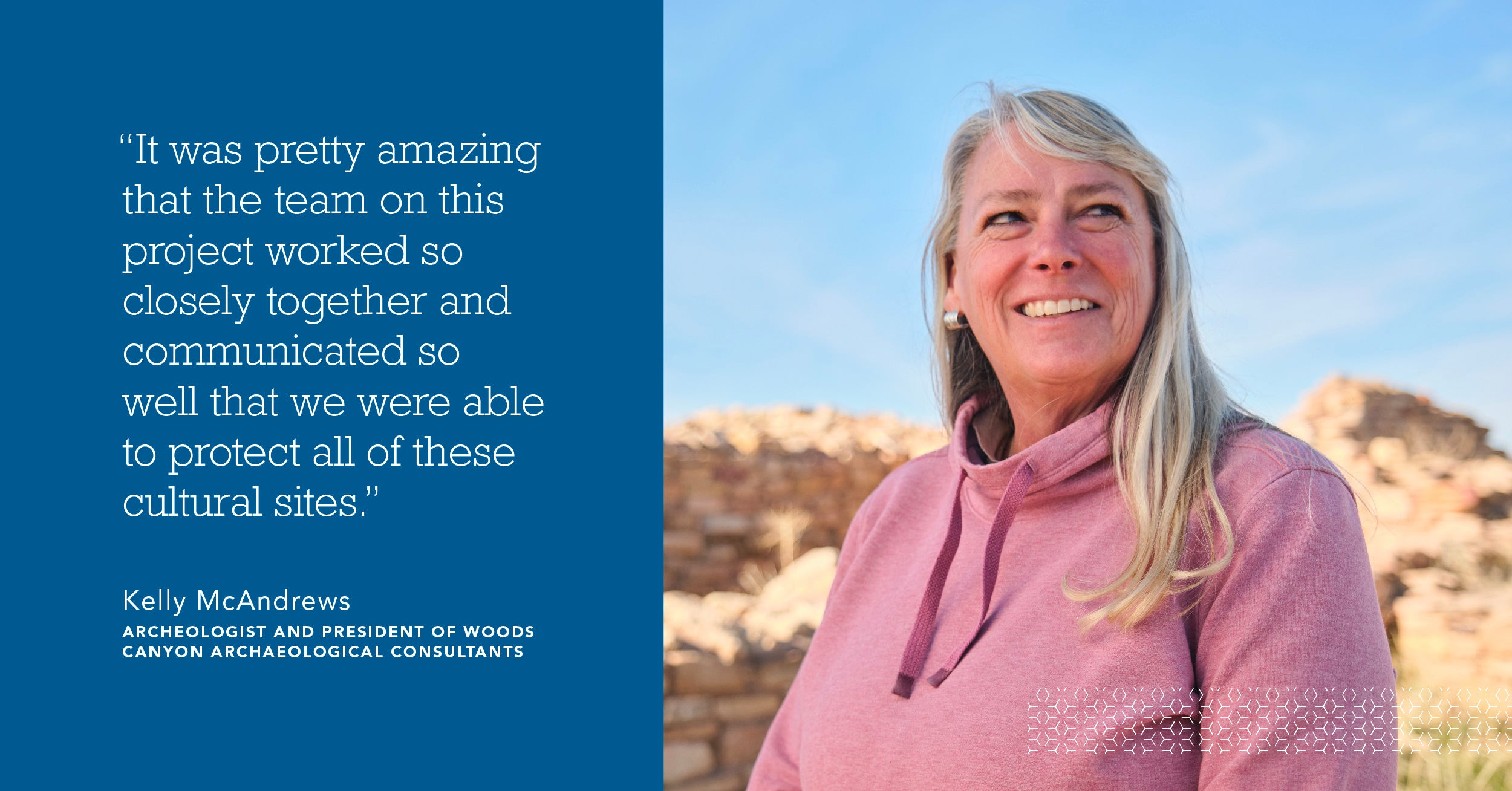
The Importance of Canyons of the Ancients
This project offered a key opportunity to mitigate wildfire risk for Tri-State's cooperative members, but the land has provided a significant look into how the Indigenous peoples of the Four Corners region lived long before any transmission lines were strung in the area.
McAndrews further explained the value of this land and what her team worked so hard to protect. “These archeological sites are not just piles of rocks. To modern Native people, these sites are inhabited by their ancestors and are alive in many ways.” She said they view the sites as a record of the footprints of their elders and revisit these locations for ceremonies and to connect to the past.
The Bureau of Land Management also consults with 26 Tribes and Pueblos that have cultural and historical associations with this area, relying on their Tribal traditions, histories, geography, and languages to supplement archaeological evidence, and help others understand the connections between past peoples and present-day tribal communities in the southwestern United States.
Tri-State teams maintain year-round line integrity
Tri-State acquired the CO2 Loop, a network of eight 115-kV transmission lines, from Empire Electric in 2018. Since then, the Tri-State Environmental Services department and Woods Canyon have put in extensive work to maintain and improve the line located in southwest Colorado. It has been an ongoing effort of surveying and cataloguing sites and their interactions with the transmission line access road network and structure locations for maintenance activities in the monument.
Transmission Construction Services (TCS) used this information to develop a plan, including flagging and identifying site boundaries prior to vegetation management activities with the assistance of Woods Canyon to assist crews in staying outside of restricted areas with equipment. TCS contracted with S&K Enterprises for on-site inspection services, who held hot line orders and monitored crew activity for adherence to contract and cultural requirements, keeping in constant observation and communication with crews to ensure compliance and safety throughout the project.
Transmission Maintenance West has been working, and continues to work, around the Loop to harden the line by replacing and reinforcing structures for long term reliability.
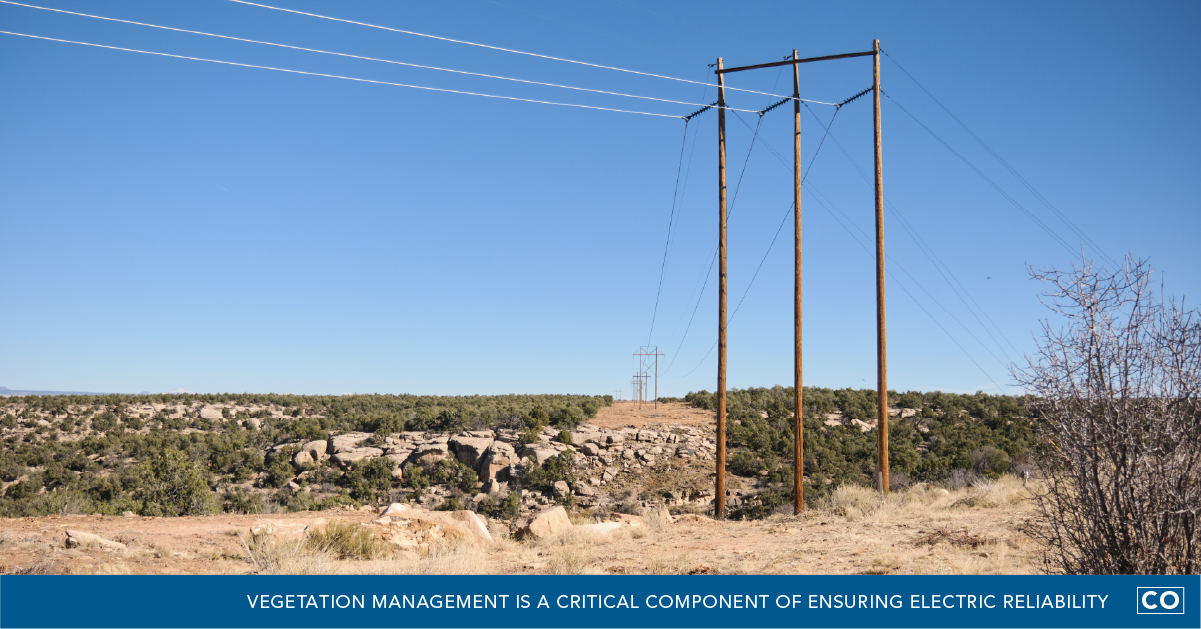
Protecting the Heart of Rural Communities
Mitigation of wildfires is critical for our rural communities. Reducing wildfire risk also helps preserve the natural beauty and economic vitality of communities like Cortez, Colo.
With careful planning, ongoing maintenance, and active participation in wildfire prevention programs, Tri-State is doing everything possible to protect our cooperative members and keep rural communities safe.
The dedication to these efforts is about more than protecting power lines or clearing brush— it’s about ensuring a safer, more secure future for the generations who call this place home and honoring the vast history that is present in its landscapes.
--
About Tri-State
Tri-State is a power supply cooperative, operating on a not-for-profit basis, serving electric distribution cooperatives and public power district member-owners in four states. Together with our members, we deliver reliable, affordable and responsible power to more than a million electricity consumers across nearly 200,000 square miles of the West. Visit www.tristate.coop.
Blog Posts

Common Summer Electrical Problems to Avoid

Outdoor Cooking with Electric Grills
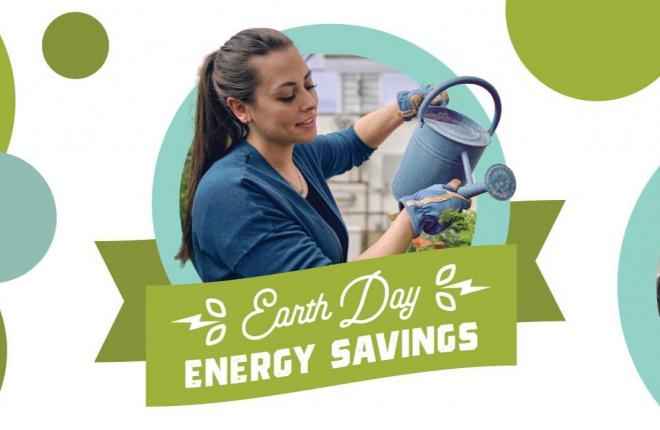
Earth Day 2021 Energy Saving Tips
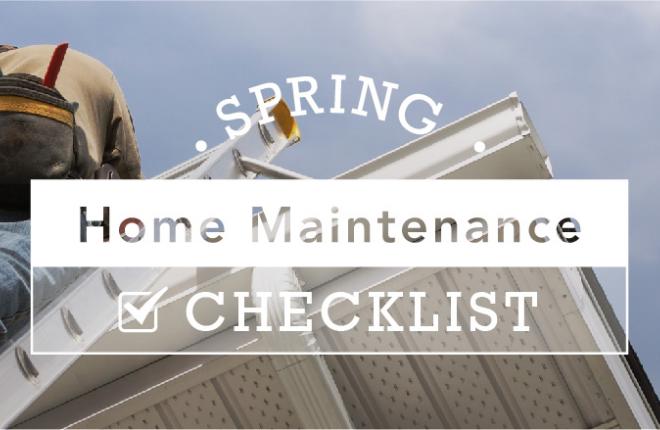
Home Maintenance Checklist for Spring

The Surge of Electric Vehicles in 2021

Spring Road Trip Tips in Your EV
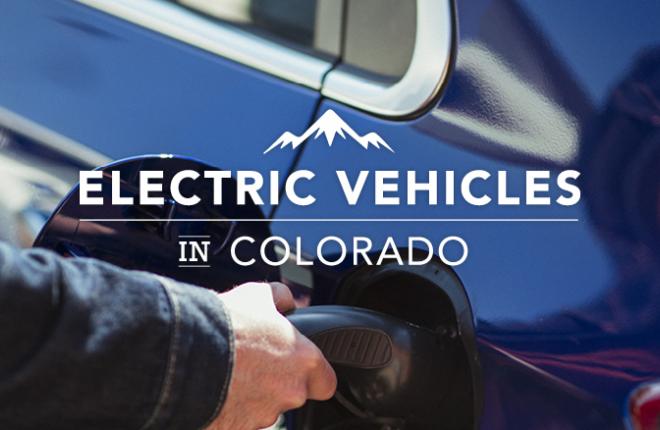
Electric Vehicles in Colorado: How Tri-State is Helping Members Transition

Electric Trucks May Be the Future for The Rockies

